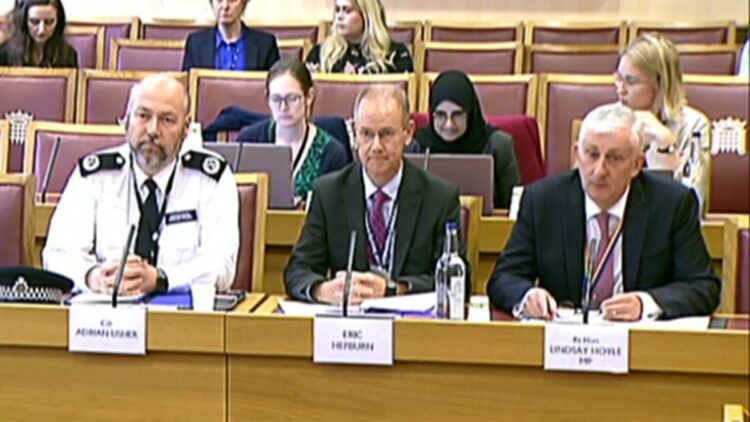By Ashley Young
The Joint Committee On Human Rights have published a report condemning a bill preventing the prosecution of soldiers serving abroad accused of war crimes.
The Law Society today gave its approval to parliamentary criticism of proposed legislation aimed at curbing what the government calls vexatious claims against service personnel.
If follows an inquiry in July 2020 by the Joint Committee on Human Rights into The Overseas Operations (Service Persons and Veterans) Bill (OO Bill)
, The Joint Committee on Human Rights insists the measure breaches human rights obligations. Committee chair Harriet Harman QC MP also attacked the government’s use of ‘inflammatory language’ which she said ‘shows a failure to respect the role of the independent legal profession in upholding the rule of law’.
The report claimed that the Bill creates unjustified barriers to the Service Prosecuting Authority’s ability to prosecute members of the Armed Forces who commit crimes. It said it breaches the UK’s human rights obligations and disregards the fact that there are many complexities and difficulties involved in bringing such claims to light.
It criticises the Government’s use a presumption against prosecution to prevent prosecutions even for the most serious human rights violations, such as crimes against humanity, war crimes, murder, torture or genocide.
The report also criticised the British Government for seeking to use the problem of repeat investigations as a justification for the Bill, arguing that it ignores the fact repeat investigations are largely a result of poor investigations that lack sufficient independence. It goes further to state that investigations into incidents arising from the UK’s involvement in conflicts have exposed extremely serious wrong-doing, making it vital that future action to investigate and prosecute such crimes can continue unimpeded.
Welcoming the report, Law Society president David Greene said that language accusing lawyers of ‘ambulance chasing’ and ‘hounding’ service personnel and veterans is dangerous. ‘This language gives the appearance of setting our justice system against the national interest and legitimate military action.’
Committee chair Harriet Harman QC MP also attacked government’s use of ‘inflammatory language’
The bill, currently in the report stage of its passage through the House of Commons, would create a statutory presumption against prosecution after five years.
Shorter and more inflexible limitation periods for claims for human rights violations, personal injury and death; and a duty to consider derogating from the European Convention on Human Rights in respect of future overseas military operations by the UK.
Harman said that, without amendment, the bill ‘will allow those in our armed forces who perpetrate serious crimes to escape justice and prevent victims with justified claims bringing wrongdoing before the courts.
It is bad for the rule of law, bad for the victims of crime and bad for our armed forces.’
Greene added: ‘If the UK is seen to set itself outside internationally agreed standards it risks fuelling a culture of impunity, undermining its standing internationally and the ability to hold other states to account. Domestic law does not have a limitation period for any other serious crime, and we do not believe there should be an exception here. There are existing protections in place to ensure fairness and justice for those accused of offences.’
The British government has expressed an interest to opt out on key aspects of the European Convention Of Human Rights once Brexit is complete, in order to speed up the deportation of Asylum Seekers and protect British soldiers serving oversees from legal action. The government sees Brexit as giving it powers as an autonomous country to define the way it gives effect to Human Rights Protections.




